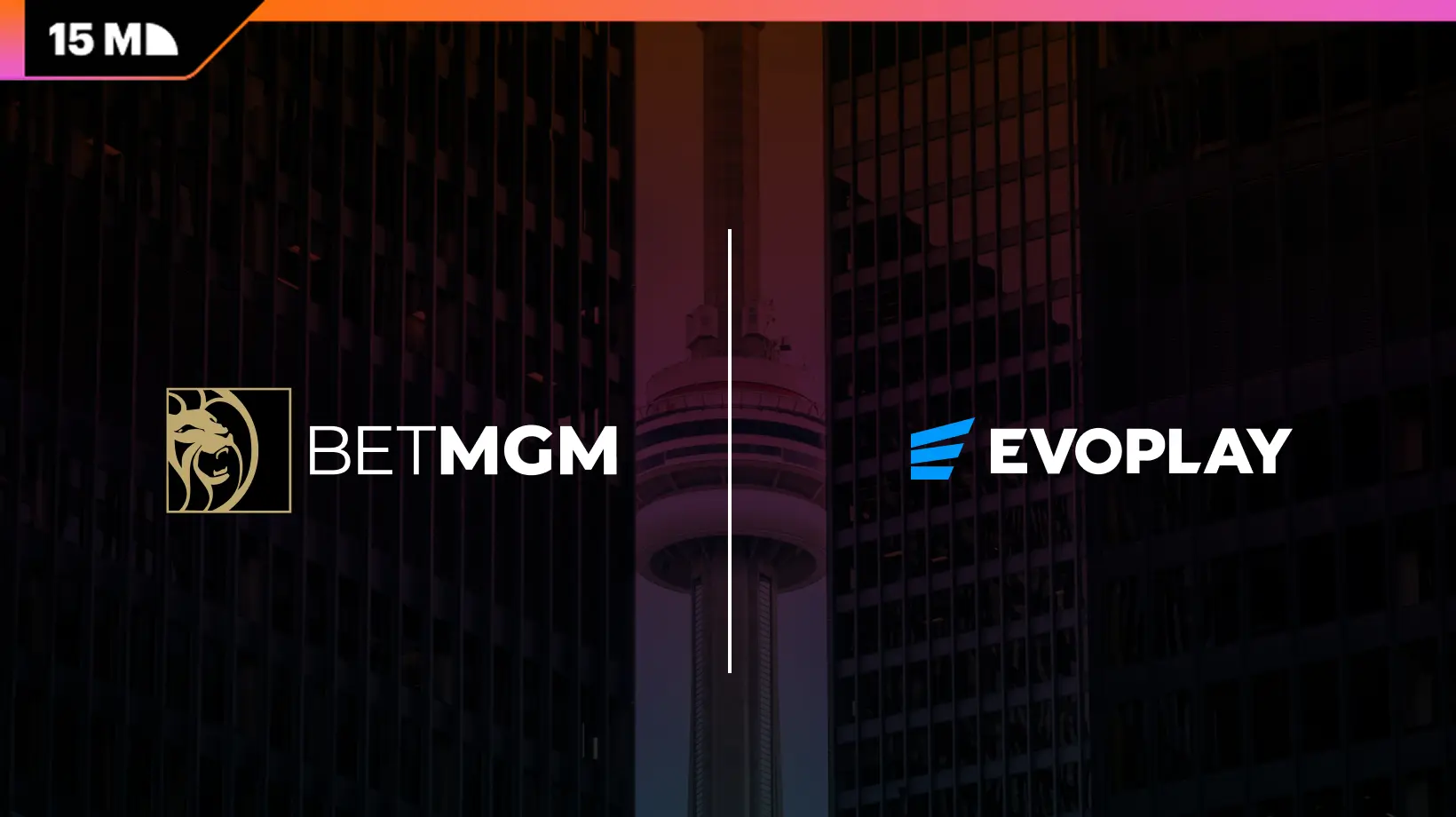Uruguay’s National Directorate of Lotteries and Pools issued a formal warning this week to media outlets. The DNLQ says several broadcasters have aired promotions for unlicensed gambling platforms. Both private and public television channels face scrutiny, along with streaming services.
The regulator’s investigation found violations during imported sports coverage and reality shows. These programs often come from countries where betting sponsorships are standard. One case involved promotions mentioned directly within program content, not just commercial breaks.
Local broadcasters must ensure compliance regardless of content origin. The DNLQ made clear there’s no free pass for foreign programming.
Why Foreign Programming Creates Regulatory Headaches
Current Uruguayan law bans both operating and advertising unauthorised gambling sites. The prohibition applies even when content originates abroad. But imported programming creates complications.
Sports broadcasts and reality shows from other markets routinely feature betting sponsors. When these programs air in Uruguay, they violate local advertising rules. The DNLQ notes platforms have technical tools to block or adapt ads by geography. Broadcasters can’t claim it’s impossible to comply.
Political pressure is mounting too. Casino revenue in Montevideo has dropped recently, putting the entire gambling sector under increased scrutiny. The regulator appears more willing to crack down hard.
What Broadcasters Must Do Now
Media outlets must interrupt or adapt foreign transmissions to remove unauthorised gambling promotions. The regulator made clear that local stations bear full responsibility for compliance. They can’t simply air international content without checking for violations.
The DNLQ is also reviewing grey areas in current regulations. These include ads with disclaimers that exclude certain territories. Online pop-up advertising presents another challenge. Some operators try to exploit these gaps.
Officials said they’re open to proposing new rules to close these loopholes. The goal is strengthening oversight across all media channels. The regulator wants comprehensive coverage.
How Enforcement Works Going Forward
The DNLQ conducts random content monitoring to catch violations. The regulator stressed that technical solutions exist for geographic ad blocking. Platforms and broadcasters have the tools they need. Compliance is a choice, not a technical limitation.
Citizens can report suspected illegal gambling through a dedicated hotline. An online form is also available. The regulator is treating this as an ongoing enforcement priority, not a one-time warning.
Broadcasters now face a clear choice. Adapt their content delivery to comply with local law, or risk regulatory action. The message from authorities is direct: technical barriers aren’t an acceptable excuse anymore. Either implement geographic filtering or face consequences.





